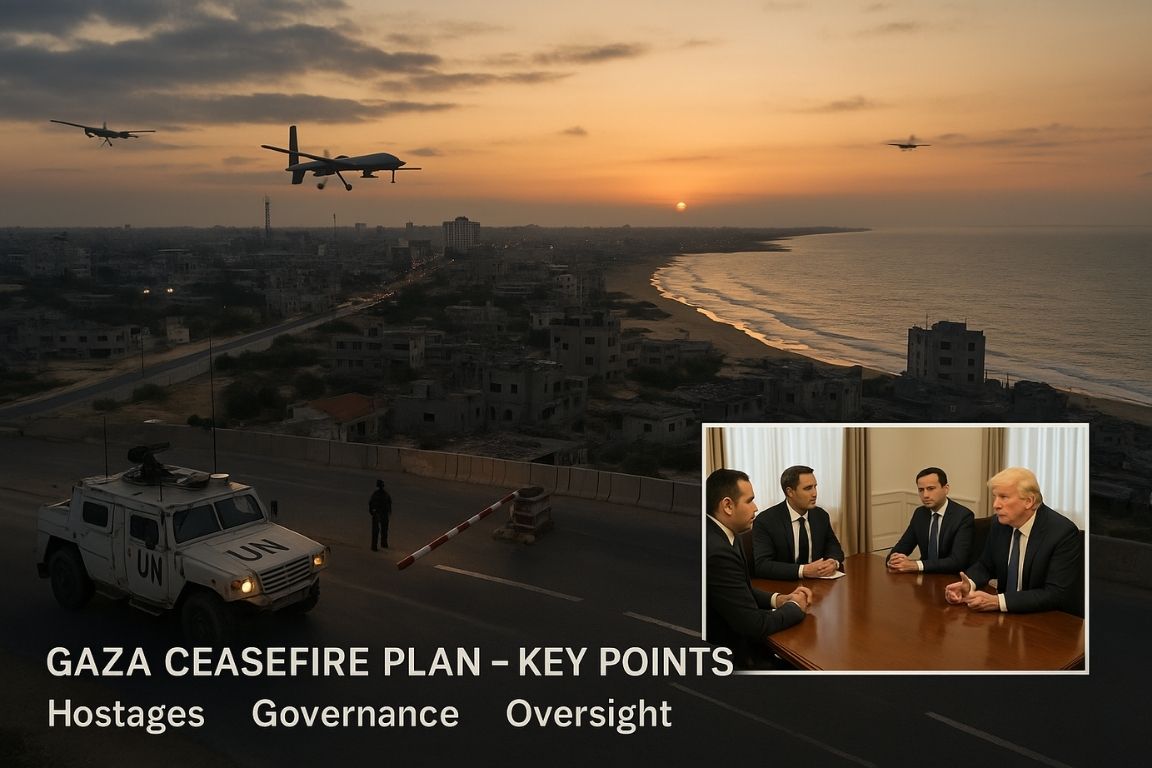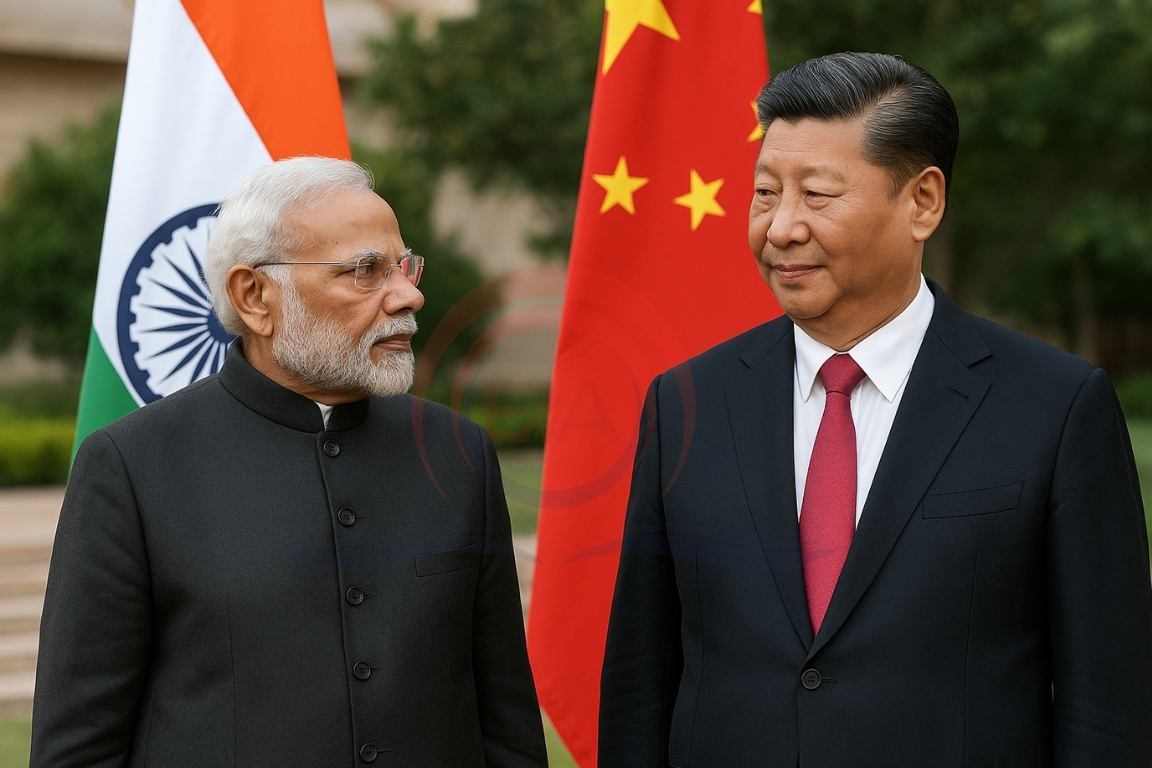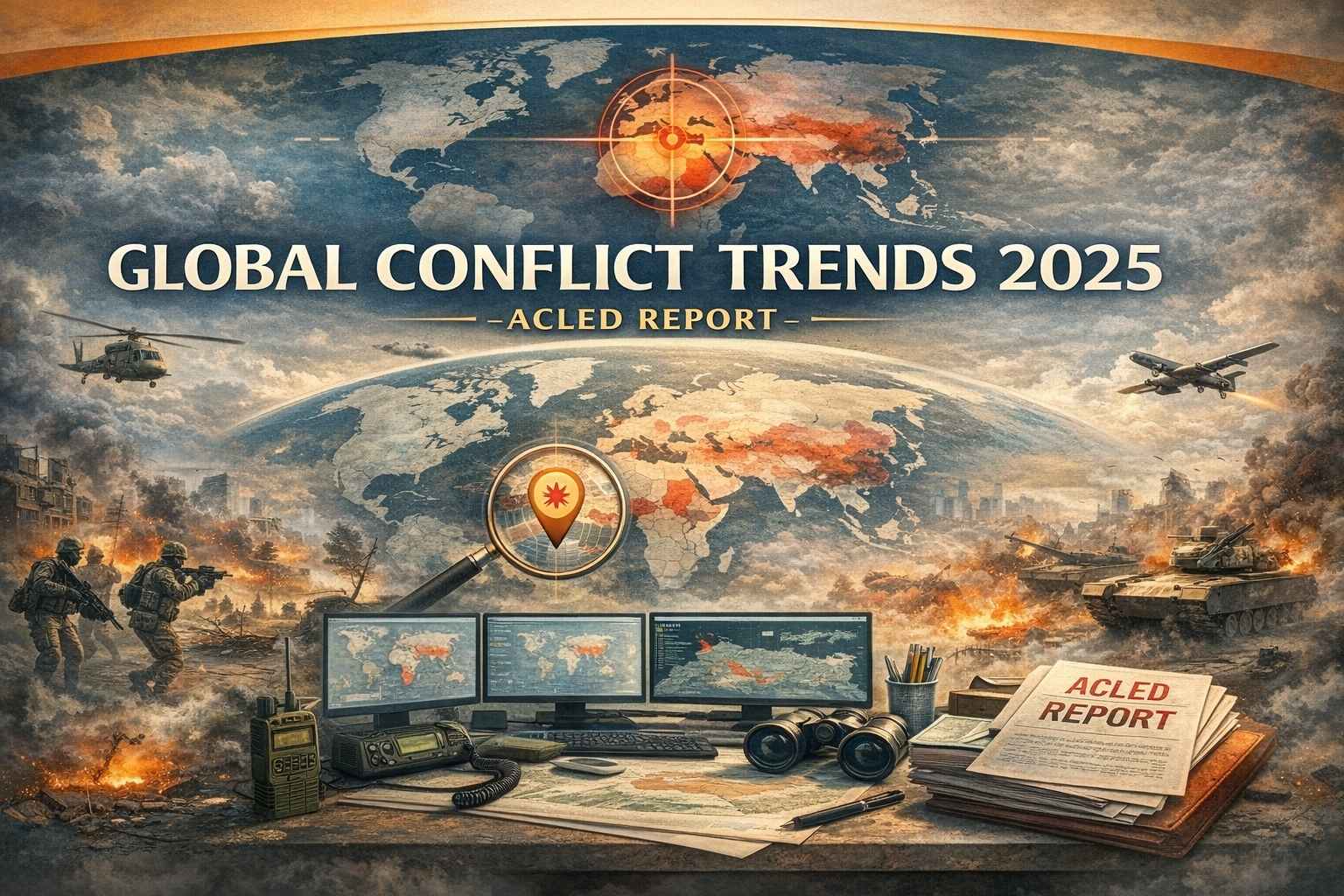U.S. President Donald Trump announced a 20-point Gaza ceasefire plan before the second anniversary of the Hamas-Israel war (October 7, 2023). Hamas responded positively but demanded changes, while Israel expressed dissatisfaction.
Background
- The Gaza conflict continues after Hamas’s 2023 attacks and Israel’s prolonged military operations.
- A previous U.S.-brokered ceasefire in January 2025 collapsed due to Israel’s unilateral withdrawal.
- Trump’s new plan is seen as a “last chance for peace” but lacks clear commitments from Israel.

Trump’s 20-Point Plan
- Ceasefire & Hostage Release: Hamas must release all Israeli hostages within 72 hours of ceasefire.
- Hamas Obligations: Disarmament and withdrawal from Gaza.
- Palestinian Authority (PA): Urged to reform or face exclusion.
- Governance Structure: Gaza to be run by technocrats under an International Board of Peace led by Trump.
- Security: International Stabilisation Force to maintain order.
Major Concerns & Gaps
- No clear timelines for Israeli military withdrawal or territorial control.
- West Bank issue and Palestinian statehood ignored.
- Monitoring mechanism absent — U.S. and Israel retain control over implementation.
- Plan shifts responsibility to Hamas, while reducing pressure on Israel.
- Fighting may continue during implementation, undermining ceasefire credibility.
Political & Regional Reactions
- Hamas: Accepts negotiation but rejects international governance of Gaza.
- Israel: Unhappy with conditions; prioritises hostage return.
- Gulf Countries: Limited involvement due to strategic ties with U.S. and Israel.
Implications
- The plan risks becoming a tool of surrender, not a peace roadmap.
- Could legitimise Israel’s continued presence in Gaza.
- Lacks path to elections or self-determination for Palestinians.
- Two-state solution sidelined, contrary to UN resolutions.
Conclusion
Trump’s ceasefire plan provides a framework but not a genuine peace deal. Without binding timelines, balanced obligations, and international oversight, it may fail to restore stability or address the core Palestinian question.





